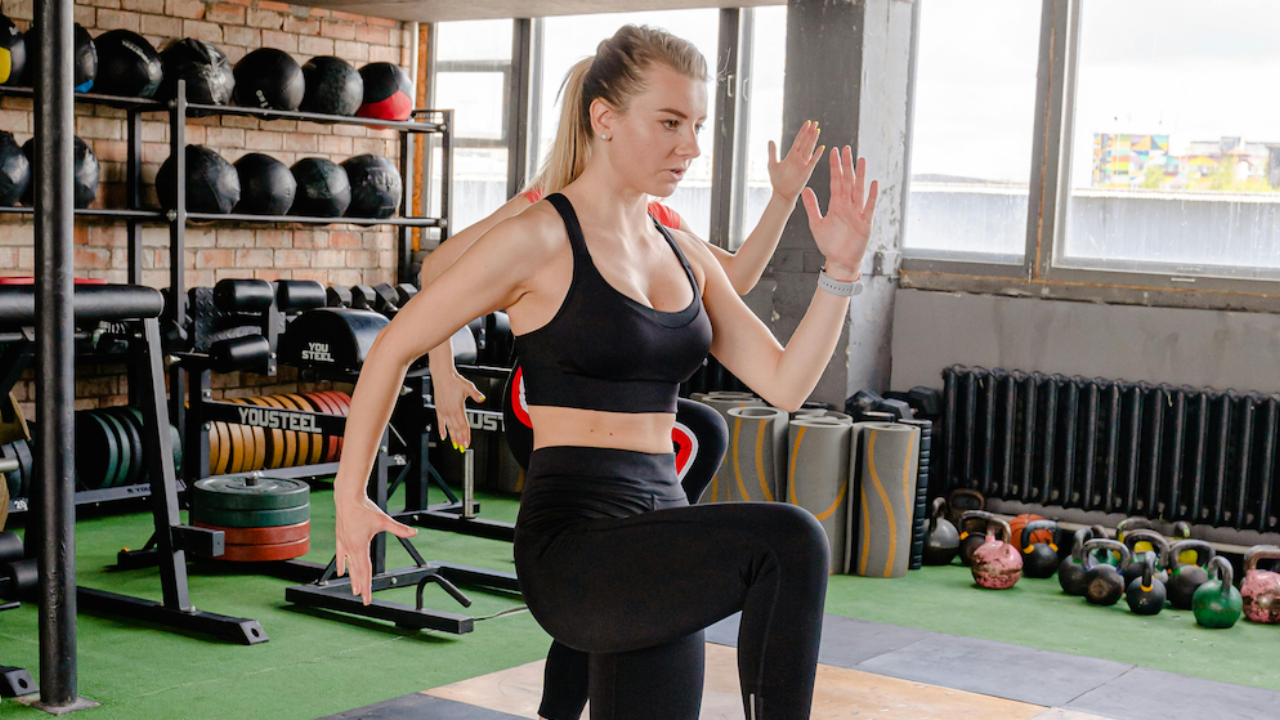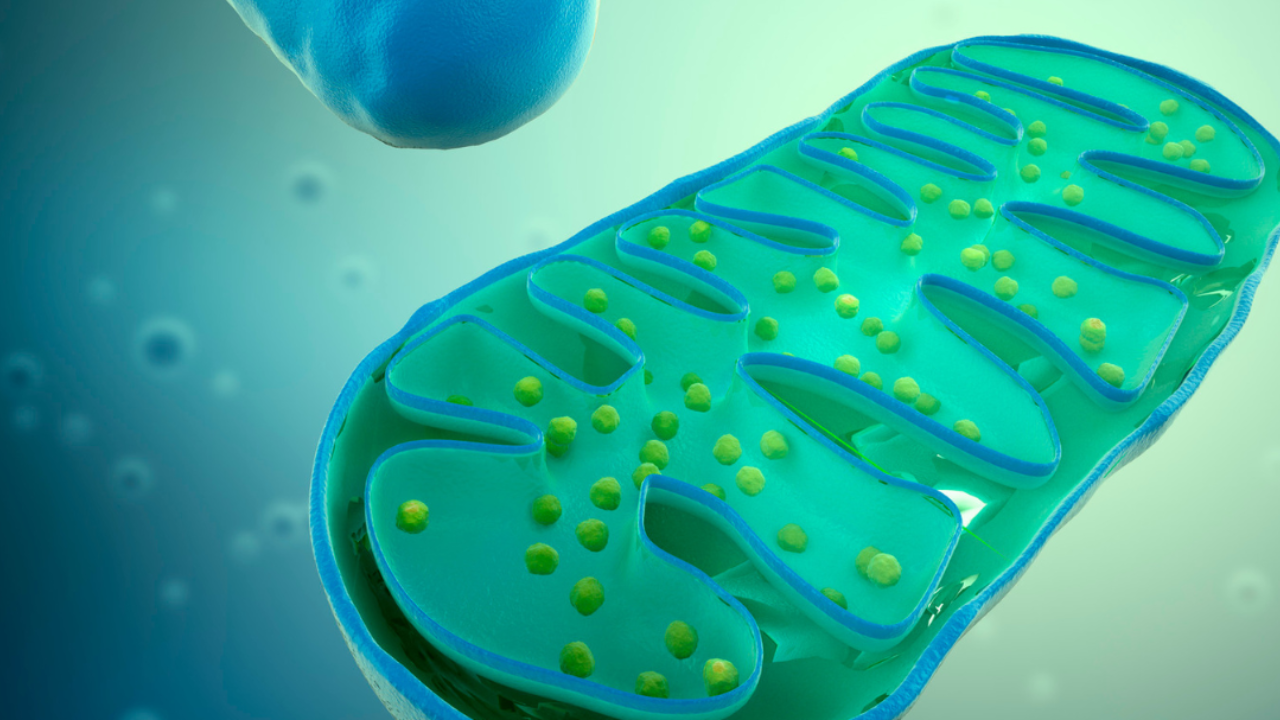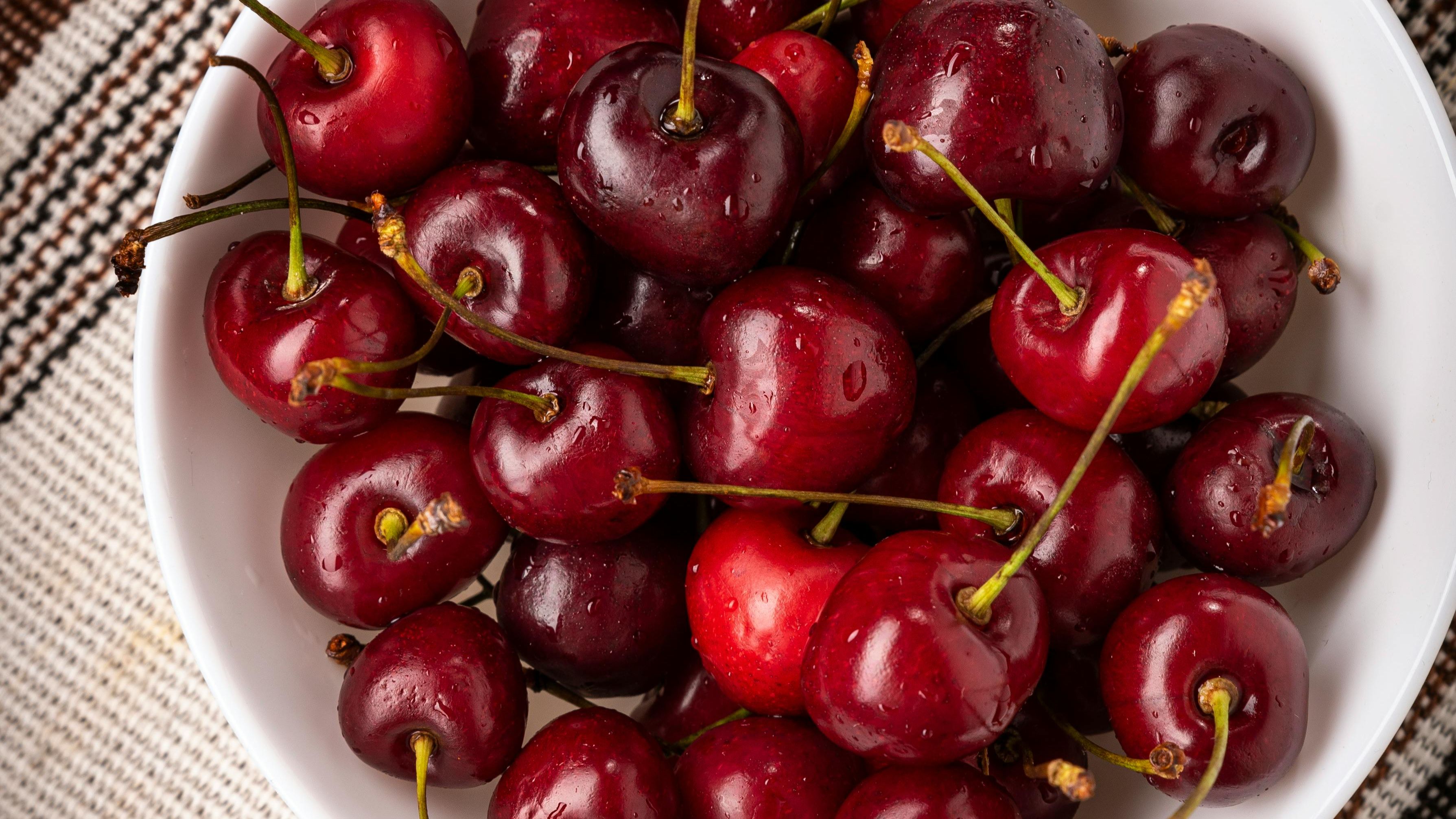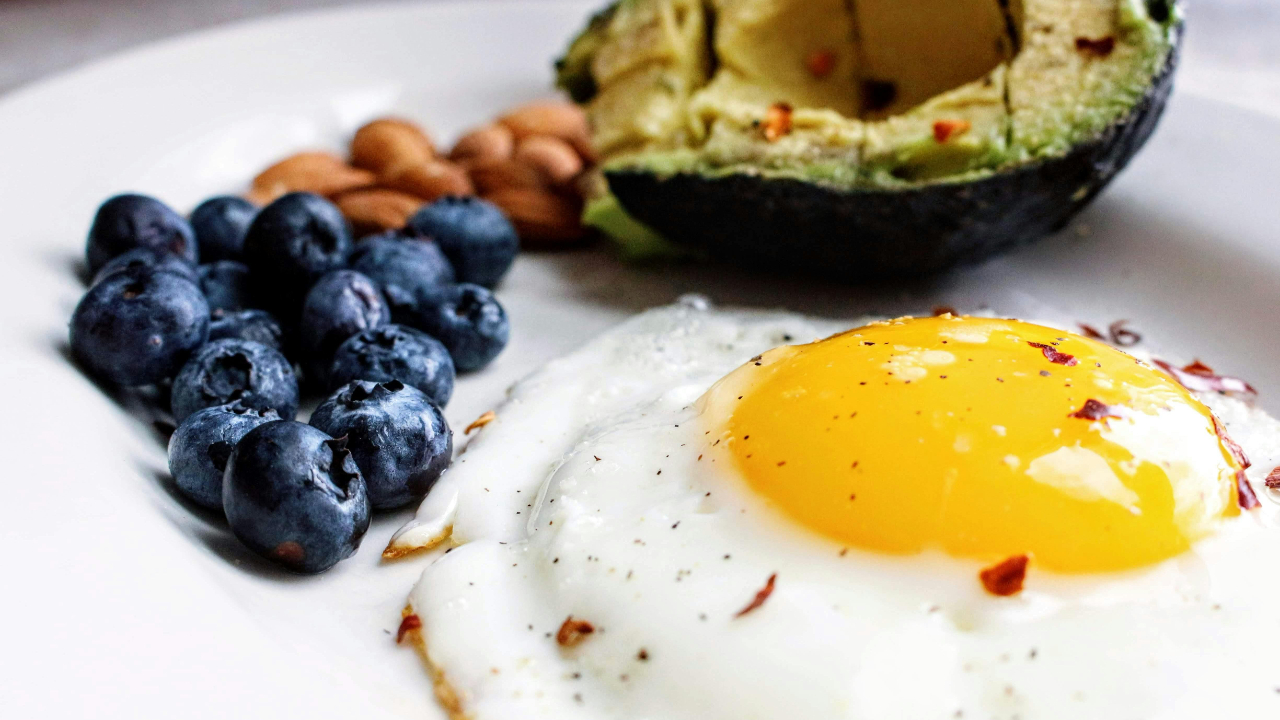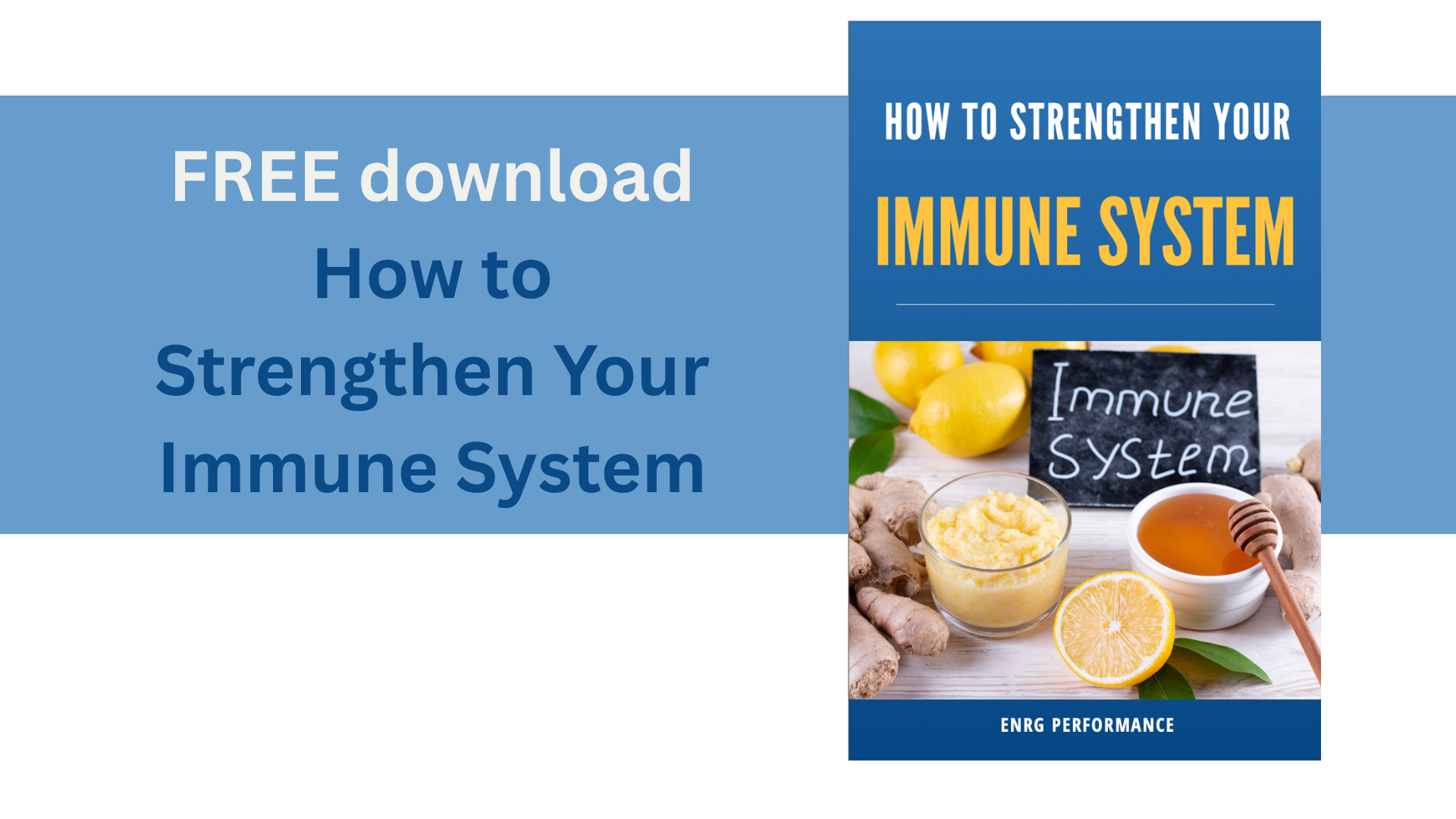Are Energy Drinks All That?
Sep 02, 2024
If you are a habitual energy drink user, you might feel like it is the perfect quick boost of energy that is needed to get you through your day. While caffeine is proven to have a temporary effect on reaction times and being more mentally alert, let’s dive into what else is going on when you consume large volumes of caffeine.
I often think of energy drinks and other high caffeine products as band-aids. They help to mask the underlying issue of why you are feeling tired and sluggish rather than fixing it. Here are some potential reasons why you are feeling like you need to reach for an energy drink:
- You aren’t sleeping enough or getting restful, quality sleep
- You aren’t eating adequately to support your activity and needs
- You are having poor recovery
So instead of throwing caffeine at the problem and temporarily fixing the way you feel, I recommend figuring out which combination of these problems is impacting you and working on solutions to improve it.
If you aren’t sleeping enough or are having a poor quality of sleep, your caffeine intake could actually be making this problem worse. Consuming large quantities of caffeine, particularly in the afternoon can impact your ability to fall asleep and the quality of sleep you get. Try limiting yourself to no more than 2 cups of coffee (approximately 200 milligrams) in a day and keep this intake before noon. I also recommend assessing your sleep environment. Is your room cool, dark, and quiet? Or are you falling asleep with the television on and being woken up in the middle of the night by loud alerts on your phone? Try to make your sleeping environment as cozy as possible to promote better quality sleep.
If you aren’t eating adequately, you might be having some energy highs and lows throughout the day that are causing you to feel tired. Often for lunch, we eat a lot of simple carbohydrates like the bun on your chicken sandwich, a side of fries, and the sugar in your drink. If you feel an afternoon slump, it is likely a result of an energy spike and crash from this type of meal. Balance out your meals to be higher in fiber and protein to help minimize this afternoon low. If you just flat out aren’t eating enough calories this will also make you feel tired and sluggish throughout your day. Meeting with a dietitian can put you on the right path to determining your needs and if they are being met.
When it comes to recovery, the above factors will play a role. If you aren’t sleeping well and aren’t eating enough it is going to also impact your recovery. Making sure to take both mental and physical breaks can help your body to repair and recover. If recovery is an issue for you, drinking large amounts of caffeine will only make this problem worse. Instead address this problem by taking some active recovery days, focusing on mindful activities, and eating adequately.
The next time you are tempted to reach for an energy drink, take a second to assess why you are needing that drink and consider another route for helping to boost energy levels. If you want to learn more about sleep, recovery, or energy needs there are some fantastic blogs on the eNRG website addressing each of these topics!
If you would like to learn how to use caffeine as an ergogenic aid for athletic performance, check out Bob’s electronic book, “Caffeine Protocol for Athletes”. It will teach you how to exactly use caffeine to improve performance.
SUBSCRIBE AND WE WILL DROP SOME HEALTHY INSPIRATION IN YOUR INBOX
We hate SPAM. We will never sell your information, for any reason.


